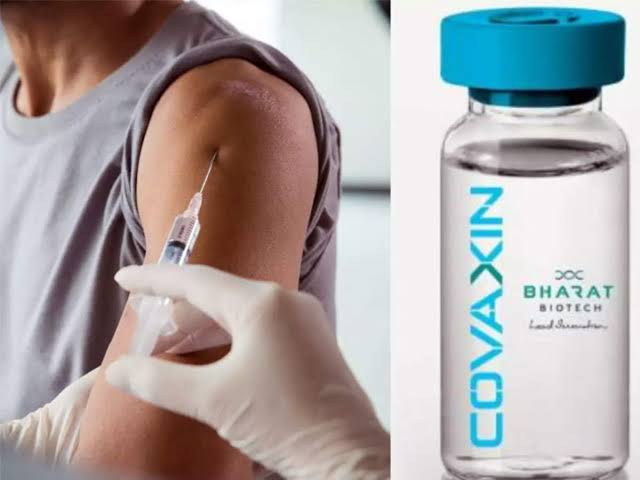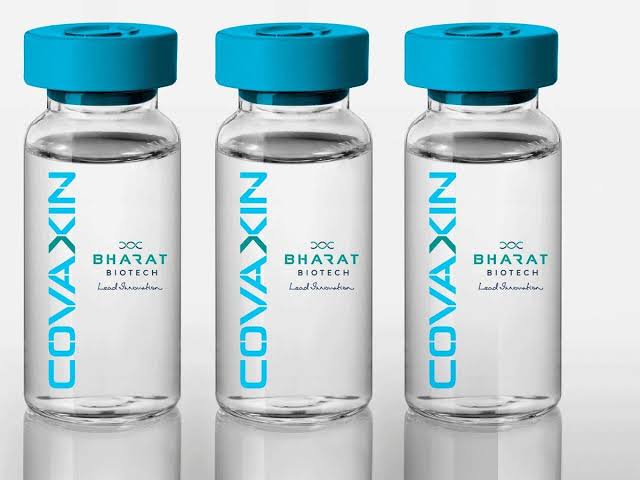
Phase-III trials for Bharat Biotech’s COVID-19 vaccine candidate Covaxin are facing a shortage of volunteers with a participant refusal rate of up to 70-80 percent, a senior doctor with the All India Institute of Medical Sciences (AIIMS) in Delhi told ANI on December 16.
Dr Sanjay Rai, Professor of Community Medicine at AIIMS and a principal investigator for the Covaxin trial said motivation to participate has been lost as people feel that a vaccine has already been found, the report said. He added that Phase I and II of the trials had zero refusal rate.
Explaining the dwindling interest, Dr Rai said,” Phase I had 4,500 applicants for 100 volunteer spots, Phase II had 4,000 volunteers for 50 spots, while Phase III which requires 1,500-2,000 participants managed to recruit only 200 participants. This is happening because people are thinking ‘why to volunteer when a vaccine is coming for everyone soon?,” he added. He said that excitement has shifted from clinical trials towards the vaccine.

Another reason for refusal, Dr Rai said, was that participants were reluctant because half of them would be administered placebo and won’t know whether they are part of the vaccine group or placebo group.”Most participants refuse after listening to this saying that a vaccine is coming soon. We are now planning to create awareness among people through ads, email and telephone. It’s important for people to participate in the clinical trial to get a safe and efficient vaccine,” he stated.He added that they hope to complete Phase III trials by December
How does a vaccine work?
A vaccine works by mimicking a natural infection. A vaccine not only induces immune response to protect people from any future COVID-19 infection, but also helps quickly build herd immunity to put an end to the pandemic. Herd immunity occurs when a sufficient percentage of a population becomes immune to a disease, making the spread of disease from person to person unlikely.
What does it take to develop a vaccine?
Vaccine development is a long and complex process. Unlike drugs that are given to people with diseased, vaccines are given to healthy people and also vulnerable sections such as children, pregnant women and the elderly. Therefore rigorous tests are compulsory. History says that the fastest time it took to develop a vaccine is five years, but it usually takes double or sometimes triple that time.
“As per the central government’s guidelines, vaccines will only be administered to priority groups in the first phase. Fact is that, even if a vaccine comes, it’ll be given to healthcare providers, frontline workers, elderly and those with co-morbidities first. But people think they will get vaccine soon,” he pointed out.
Report- Vikas Chandra Agrawal